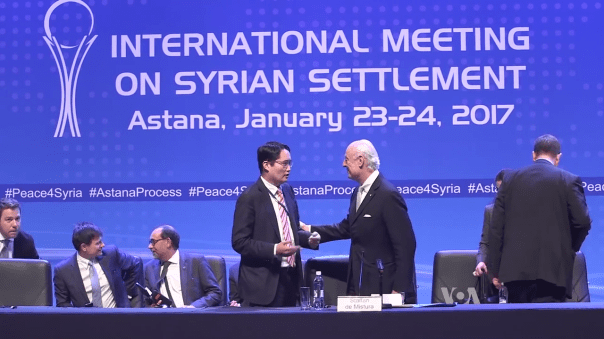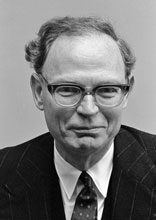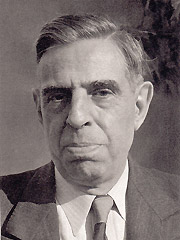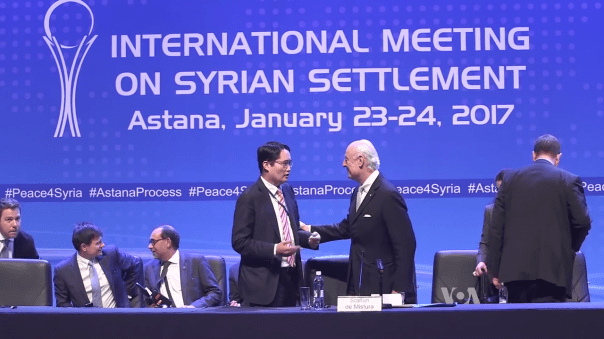SYRIE : RÉSOUDRE LE CONFLIT ARME ET RECONSTRUIRE UNE SOCIÉTÉ QUI SOIT INCLUSIVE ET JUSTE
Par René Wadlow et Bernard J. Henry
Le 5 avril 2017, l’Union européenne (UE) et l’ONU tiendront une conférence commune sur l’avenir de la Syrie et de sa région. La « société civile » est invitée à y participer, mais il est impossible de savoir par avance si la rencontre de Bruxelles sera un événement de « récolte de fonds », auquel cas les Organisations Non-Gouvernementales (ONG) dotées du statut consultatif auprès de l’ONU ne pourront apporter qu’une contribution limitée, ou si les buts fixés seront plus ambitieux.
La rencontre organisée par l’UE et l’ONU est la troisième sur la Syrie en un laps de temps très court, démontrant l’ampleur des inquiétudes quant au flot des réfugiés ainsi que devant la violence et la souffrance qui ne semblent pas connaître de fin en Syrie et en Irak. Le texte suivant a été écrit au nom de l’Association of World Citizens (AWC) qui le transmet en amont aux gouvernements concernés par la conférence du 5 avril.
A la suite des pourparlers qui se sont tenus du 23 au 25 janvier 2017 à Astana (Kazakhstan) sous le parrainage de la Fédération de Russie, de la Turquie et de la République islamique d’Iran, un nouveau tour de pourparlers parrainé par l’ONU a eu lieu du 23 au 31 mars à Genève, sous l’appellation non-officielle de « Genève IV ». L’Émissaire spécial de l’ONU pour la Syrie, M. Staffan de Mistura, a dirigé ces pourparlers conviés par l’ONU à Genève et Lausanne.
Toutes les parties en présence au conflit en Syrie et en Irak n’y ont pas participé. Ni Daesh ni les Kurdes n’y étaient présents et toutes les composantes de l’opposition au Gouvernement du Président syrien Bachar al-Assad n’y ont pas été représentées. S’il existe des pourparlers non-officiels dans des hôtels ou des restaurants de Genève parallèlement aux négociations, en tout cas, personne n’en parle. Il existe une vaste et active communauté kurde à Genève et dans sa région, où certains agissent peut-être comme porte-paroles des efforts actuels de création du Rojava, zone autonome kurde au nord de la Syrie dont il est envisageable qu’elle s’associe un jour avec la région autonome kurde d’Irak.

Les pourparlers de Genève ont porté sur des questions à court terme, parmi lesquelles un cessez-le-feu, la sécurité des civils syriens et l’accès aux humanitaires des zones en besoin d’aide. D’autres questions ont été abordées sur un plus long terme, s’agissant de processus politiques tels une administration transitoire, des changements constitutionnels, et des élections en vue d’un nouveau gouvernement dont les fondements soient plus larges.
En parallèle aux pourparlers intra-syriens lors desquels M. de Mistura a officié en tant que médiateur, l’ONU s’est saisie des préoccupations liées aux Droits Humains en Syrie, ayant créé une Commission d’enquête internationale indépendante sur la République arabe syrienne ainsi qu’un mécanisme commun d’enquête ONU-Organisation pour l’Interdiction des Armes Chimiques.

L’Association of World Citizens (AWC), Organisation Non-Gouvernementale (ONG) dotée du statut consultatif auprès de l’ONU, active dans la résolution des conflits armés et la promotion des Droits Humains, avait salué l’appel lancé le 20 juillet 2011 par le Secrétaire Général de l’ONU de l’époque, Ban Ki-moon, pour un dialogue inclusif sur les griefs du peuple syrien et ses préoccupations pour l’avenir. A travers un message au Secrétaire Général, l’AWC avait encouragé une participation aussi large que possible de la société civile syrienne à un tel dialogue, ajoutant que l’AWC, consciente de l’utilité qui peut être celle des ONG internationales dans la résolution des conflits, aiderait à faciliter de telles discussions de toute manière jugée appropriée.
En décembre 2011 commença une Mission d’Observation de la Ligue des Etats Arabes qui allait s’avérer de courte durée. Dans un message du 9 février 2012 au Secrétaire Général de la Ligue des Etats Arabes, l’Ambassadeur Nabil el-Araby, l’AWC a proposé un renouvellement de la Mission d’Observation de la Ligue Arabe, avec l’inclusion d’un nombre plus important d’observateurs issus d’ONG et un mandat élargi dépassant la simple mission d’exploration, et ainsi jouer un rôle actif de résolution des conflits au niveau local dans l’espoir d’arrêter la spirale qui engloutit le peuple syrien dans la violence et le carnage.
A bien des reprises depuis lors, l’AWC a rappelé à l’ONU, au Gouvernement syrien et aux mouvements d’opposition le rôle important que peuvent remplir les ONG, tant syriennes qu’internationales, pour faciliter la résolution des conflits.

Les combats en Syrie, en Irak et dans certaines régions de la Turquie ont généré un grand nombre de personnes déplacées et de réfugiés. La réaction des gouvernements au flot de réfugiés s’est montrée pour le moins inégale, quelques-uns s’étant montrés accueillants et d’autres ayant ouvertement fermé leur porte. Très tôt, l’AWC avait appelé de ses vœux une conférence de l’ONU sur les réfugiés et personnes déplacées. L’AWC a salué la convocation par l’ONU de conférences sur les réfugiés et l’aide humanitaire, au sein desquelles elle a pris toute sa part.
Les conflits armés en Syrie, en Irak, au Yémen et en Afghanistan ont causé des violations graves du droit humanitaire international : attaques contre des installations médicales et du personnel de santé, exécutions de prisonniers de guerre, tortures, destructions délibérées du patrimoine culturel, attaques délibérées contre des populations civiles, usage d’armes que les traités internationaux interdisent. En conséquence, l’AWC a souligné la nécessité d’une conférence de l’ONU pour la réaffirmation du droit humanitaire international. S’il ne se manifeste pas maintenant un soutien fort au droit humanitaire international, il existera un danger réel de voir les violations désormais considérées comme « normales », ce qui les rendra hors de contrôle. Des mesures fortes de soutien au droit humanitaire international doivent être prises sans délai.

Les structures de gouvernement, l’autorité, les limites géographiques des régions administratives et les droits des minorités de prendre part à la vie de la nation posent problème en Irak, en Syrie au Liban depuis l’époque de la désintégration de l’Empire ottoman après la fin de la Première Guerre Mondiale. Il est essentiel de développer des formes de gouvernement adaptées rendant possibles à la fois l’autonomie locale et la coopération régionale.
La recherche d’une structure adaptée à ceux qui s’identifient comme Kurdes s’est avérée être une question particulièrement difficile qui a donné lieu à des violences. L’AWC, fidèle à la tradition de décentralisation et de fédéralisme d’Alexandre Marc et de Denis de Rougemont, tient que le fédéralisme et la décentralisation ne sont pas des chemins vers la désintégration d’un Etat, mais tendent au contraire à créer des structures plus justes d’organisation de l’Etat et de coopération régionale.
L’AWC salue la conférence organisée le 5 avril par l’UE et l’ONU sur la Syrie et la région du monde à laquelle elle appartient.
L’AWC affirme une nouvelle fois son souhait de coopérer pleinement à la vaste et indispensable tâche de mettre fin au conflit armé et de développer une société qui soit inclusive et juste.
Le Professeur René Wadlow est Président de l’Association of World Citizens.
Bernard J. Henry est Officier des Relations Extérieures de l’Association of World Citizens.




















